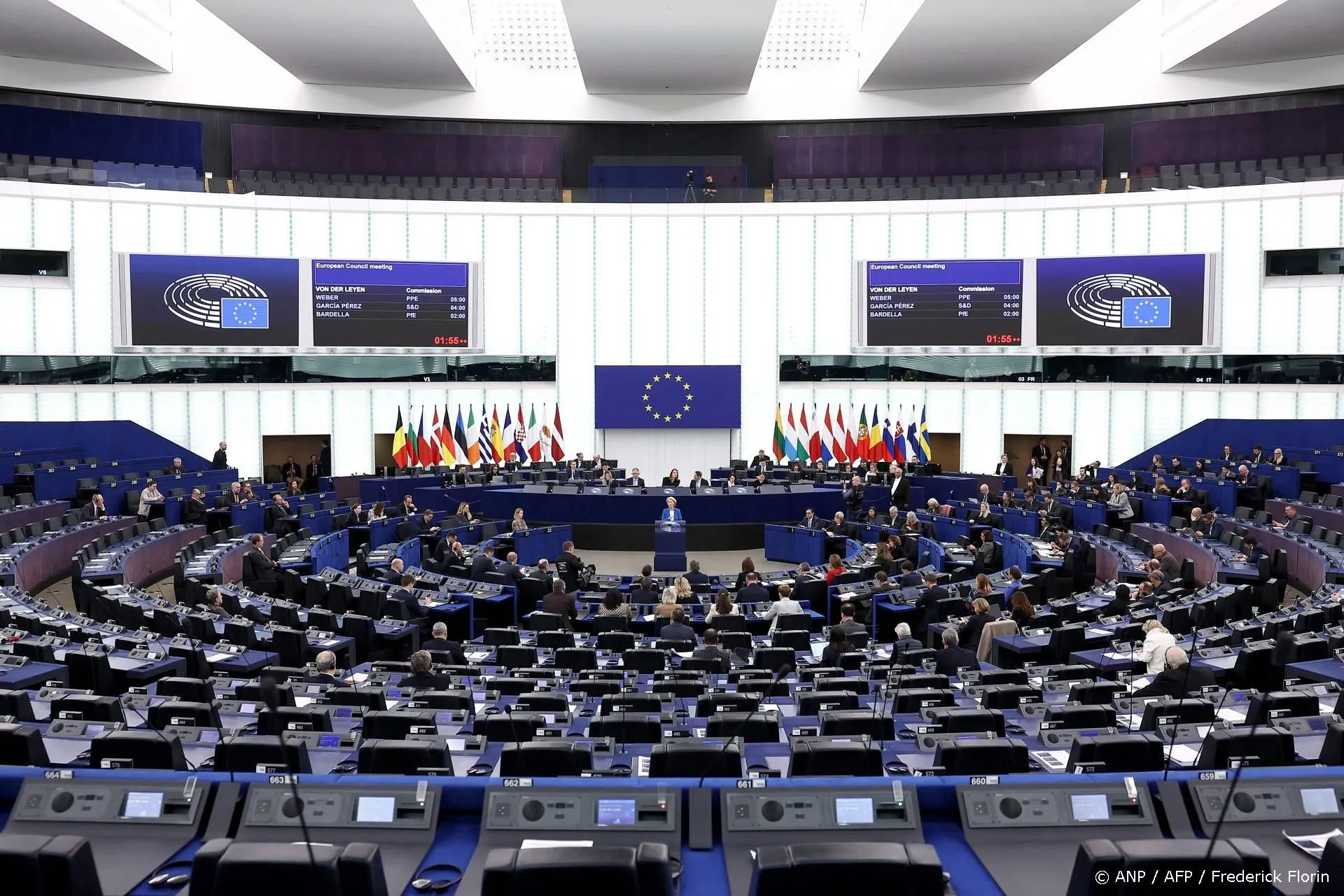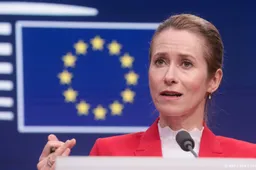Volgens nieuwe Britse studie van klimatologen van de Universiteit van Southampton staat ons komende tientallen jaren afkoeling te wachten
Mijn trouwe lezers zullen zich ongetwijfeld herinneren dat ik vaak aandacht heb geschonken aan studies van klimatologen en astrofysici, die afkoeling verwachten in plaats van opwarming. Ik heb daarover zelfs een weddenschap gesloten met Bart Strengers, die ik overigens heb verloren, zij het met een kleine marge.
Toch blijven er studies in de wetenschappelijke literatuur verschijnen, waarin de verwachting van afkoeling wordt uitgesproken. De redenering waarom dat zou gebeuren verschilt overigens nogal eens.
Onder de titel, 'Study Predicts Decades Of Global Cooling Ahead', rapporteerde Michael Bastasch daarover het volgende op de website van de Daily Caller:
A new study out of the United Kingdom predicts the Earth is about to go through a major climatic shift that could mean decades of cooler temperatures and fewer hurricanes hitting the United States.
Scientists at the University of Southampton predict that a cooling of the Atlantic Ocean could cool global temperatures a half a degree Celsius and may offer a “brief respite from the persistent rise of global temperatures,” according to their study.
This cooling phase in the Atlantic will influence “temperature, rainfall, drought and even the frequency of hurricanes in many regions of the world,” says Dr. Gerard McCarthy. ...
“Sea-surface temperatures in the Atlantic vary between warm and cold over time-scales of many decades,” said McCarthy, the study’s lead author. “This decadal variability, called the Atlantic Multi-decadal Oscillation (AMO), is a notable feature of the Atlantic Ocean and the climate of the regions it influences.”
“The observations of [AMO] from [sensor arrays], over the past ten years, show that it is declining,” Dr. David Smeed, a co-author, said in a statement. “As a result, we expect the AMO is moving to a negative phase, which will result in cooler surface waters. This is consistent with observations of temperature in the North Atlantic.” ...
Atlantic cooling can impact the climate for decades, according to researchers, on timescales from 20 to 30 years. This means cooler global temperatures and changing weather patterns could unfold over the next two to three decades, possibly extending the so-called “pause” in global warming.
For years, scientists have been debating why satellite temperature data shows there have been about 18 years with no warming trend. Surface temperature data shows a similar pause in warming for the last 10 to 15 years.
So far, the dominant explanation seems to be that oceans have absorbed a lot of the heat that would have otherwise gone into the atmosphere. And most scientists argue the world will continue warming because of increasing greenhouse gas emissions.
Some scientists, however, have been arguing the world is indeed headed for a cooling phase based on solar cycles. Scientists from Germany to India have argued that weakening solar activity could bring about another “Little Ice Age.”
“The stagnation of temperature since 1998 was caused by decreasing solar activity since 1998,” wrote Jürgen Lange Heine, a physicist with the German-based European Institute for Climate and Energy (EIKE).
“From 1900 to 1998, solar radiation increased by 1.3 W / m², but since 1998 it has diminished, and could reach values similar to those of the early 20th century. A drop in global temperature over the next few years is predicted,” Heine wrote.
The Virginia-based Vencore Weather recently reported that “[n]ot since cycle 14 peaked in February 1906 has there been a solar cycle with fewer sunspots.”
We are currently more than six years into Solar Cycle 24 and the current nearly blank sun may signal the end of the solar maximum phase,” Vencore Weather experts noted. “Going back to 1755, there have been only a few solar cycles in the previous 23 that have had a lower number of sunspots during its maximum phase.”
McCarthy and his colleagues, however, argue there could be a reprieve from warming based on natural ocean cycles– not solar activity. The British scientists argue that weaker ocean currents are carrying less heat northward from the tropics. …..
Lees verder hier.
Het zal er om gaan spannen. Als de afkoeling inderdaad doorzet, dan hebben de mainstream klimatologen wel wat uit te leggen en kan het klimaatbeleid definitief op de helling.
Voor mijn eerdere DDS–bijdragen, zie hier.
Ga verder met lezen
Dit vind je misschien ook leuk
Laat mensen jouw mening weten
Lees ook
Loading




